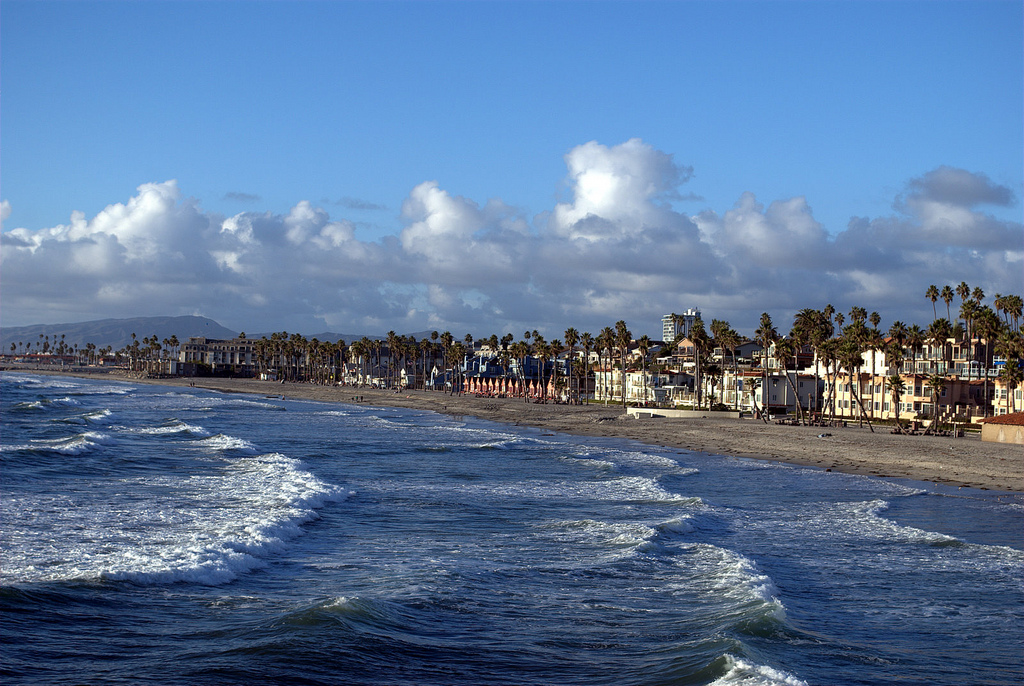I opposed Proposition 64. But as an elected official, I am responsible for carrying out the will out the people. That’s what we’re attempting to do in Oceanside — by avoiding an industry-funded ballot measure.
Recently, several jurisdictions throughout our region have implemented bans on cannabis activity. While they may claim that they’ve achieved victory today by shutting out cannabis from their city, down the road they may see far more sweeping and permissive cannabis ordinances than they ever would have desired.
I have a prediction: Within the next four years, every local jurisdiction in San Diego County will have an ordinance that allows commercial cannabis activity in some fashion.
There are two ways this will come about. The first is that local elected officials proactively develop an ordinance, on their terms, to regulate either medical or recreational cannabis cultivation, manufacturing, and sales.
The other way is through a citizens’ ballot initiative, funded by the industry, that implements an ordinance without any required input from or control by elected officials.
In early 2017, the Association of Cannabis Professionals filed a notice to circulate petitions within the City of Oceanside, where I serve as a Councilmember. This is the first major step in the ballot initiative process.
Proposition 64, which legalized recreational marijuana in California, received 57 percent of the vote in Oceanside. It’s likely that a ballot measure permitting cannabis activity in our city would have passed with similar support.
Accordingly, our city faced a choice. Craft an ordinance on our terms or allow ballot-box planning to permanently dictate our city’s land use policy when it comes to cannabis.
We decided to take a proactive approach. My colleague Chuck Lowery and I developed a bi-partisan ad-hoc committee dedicated to developing a policy for the cultivation, delivery, and sale of medical marijuana within the city. We sought input from residents, farmers, and industry advocates. We discussed a wide range of issues including zoning, licensing, and security requirements.
This process allowed city staff to become well versed on the many complex issues within this industry and its regulation. It allowed the community to have the input they deserve, and it allowed us as elected officials to formulate a policy that fits within our vision for the city.
We now have a proposed ordinance that, if approved by my colleagues, would allow cannabis cultivation on agricultural land. It would also allow manufacturing in industrial zones, and up to four dispensaries within the city limits. Dispensaries must also operate within the industrial zones, with narrow exceptions for limited commercial areas near public transportation, which will help facilitate access for medical patients.
More importantly, should it become apparent that we need to make minor adjustments to this ordinance, we have that ability. This is a new frontier, and we’re likely to encounter unintended consequences because of our ordinance. Having the flexibility to address them is critical.
Unfortunately, a city with a cannabis policy implemented through a ballot measure can only make tweaks with the approval of voters — an expensive and cumbersome process.
As a citizen, I voted against Proposition 215, which legalized medical marijuana. I also voted against Proposition 64. Nonetheless, as an elected official, I am responsible for carrying out the will out the people. That’s what we’re attempting to do in Oceanside.
Over the past few months, jurisdictions throughout our region such as the City of San Marcos, City of Escondido, and even the County of San Diego have implemented bans on any cannabis activity. Without any sort of policy in place, these jurisdictions are now targets for a well-funded, rapidly growing industry that has popular support on its side.
Jerry Kern is serving his third term as an Oceanside City Councilmember. He is also a candidate for the San Diego County Board of Supervisors’ 5th District.





